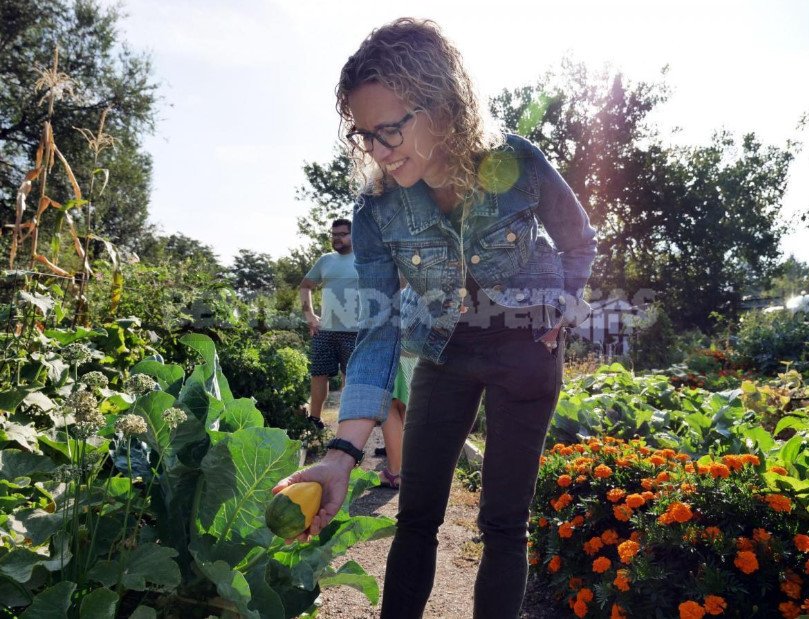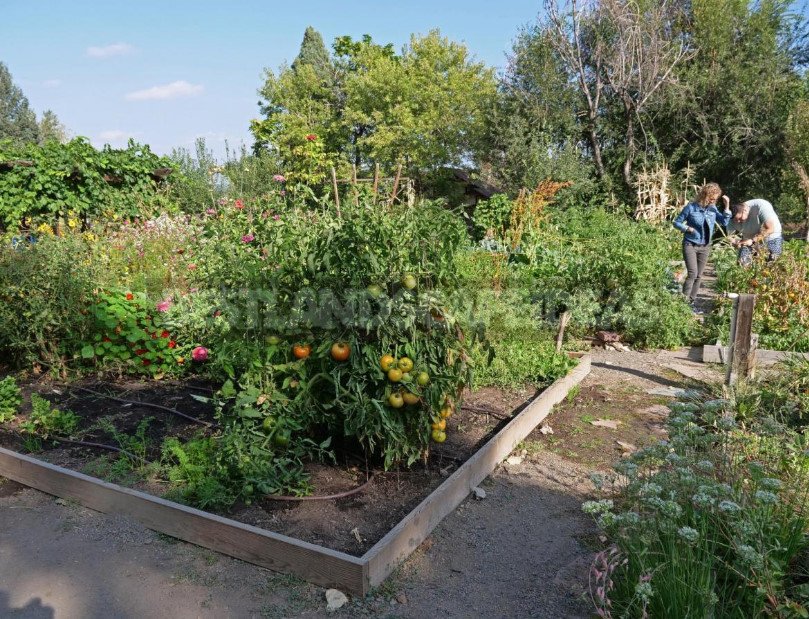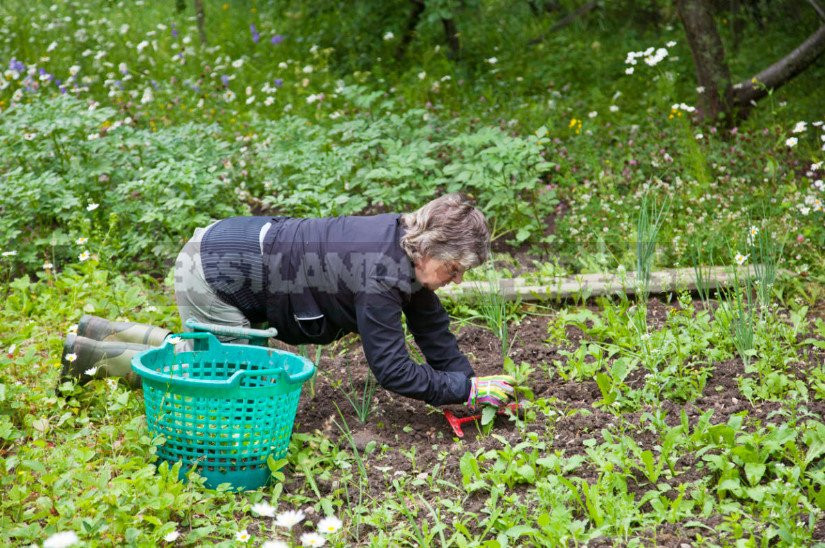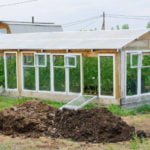Half an hour of weeding in the morning, before eating – perhaps this is a recipe for cancer prevention. All owners of something green, growing and blooming, even if it is a small cactus, will say with one voice that caring for plants promotes health. If not physically, then certainly mentally.
Despite the fact that plant lovers have known this truth for a long time, researchers undertook to bring a scientific basis to this fact.
Tinkering with plants improves health
“Regardless of the country and language, people say there’s something about growing plants that makes them feel better,” says Jill Litt, a public health researcher and professor of ecology at CU Boulder.

To find out what this “something” is, scientists from the University of Colorado have launched one of the first experiments in history, the results of which hope to determine what is the quantitative measure of the health benefits of people’s participation in the horticultural community. Simply put – to calculate “how much to hang in grams”, prescribing therapeutic fuss on the beds to patients, and how the level of leukocytes, erythrocytes and other analyzes depends on it.
The essence of the experiment
The Jill Leath experiment is funded by the American Society for Cancer Research: US$ 950,000, three years and 312 participants. The researchers plan to randomly divide the participants into two groups: one will join the activities for the care of public gardens in Denver, the second will be a control group. The groups will change over the next season.

Members of both groups will be tested for several health parameters: body mass index, level of physical activity, level of anxiety, stress, and others.
What scientists want to understand
Scientists know from previous studies that gardeners eat more fruits and vegetables compared to those who do not grow them (on average, almost twice), they have more physical activity, and their body mass index is lower (24.2 vs. 27.2).

And most importantly, those who plant and take care of plants are more than 2.5 times less likely to feel in poor physical shape or depressed – 2.6 days a month, not 6.2 days. The main task of this experiment is to understand the mechanism of these processes – why this happens.
What about the “dirty hands disease”?
Taking advantage of the opportunity – a large-scale experiment by Professor Jill Leath – with his experiments and microbiologist Rob Knight from the University of California at San Diego. Despite the widespread opinion that contact with the soil leads to various gastrointestinal diseases, the microbiologist made a striking conclusion: healthy soil microflora, on the contrary, improves the intestinal microflora of humans, reducing the risk of inflammatory diseases.

Perhaps this is just one of the reasons why gardeners rarely complain of feeling unwell, and they often have a good mood.
Professor Litt hopes that the information obtained during the experiment will help convince politicians that public gardens are public health measures that should be invested in.

















